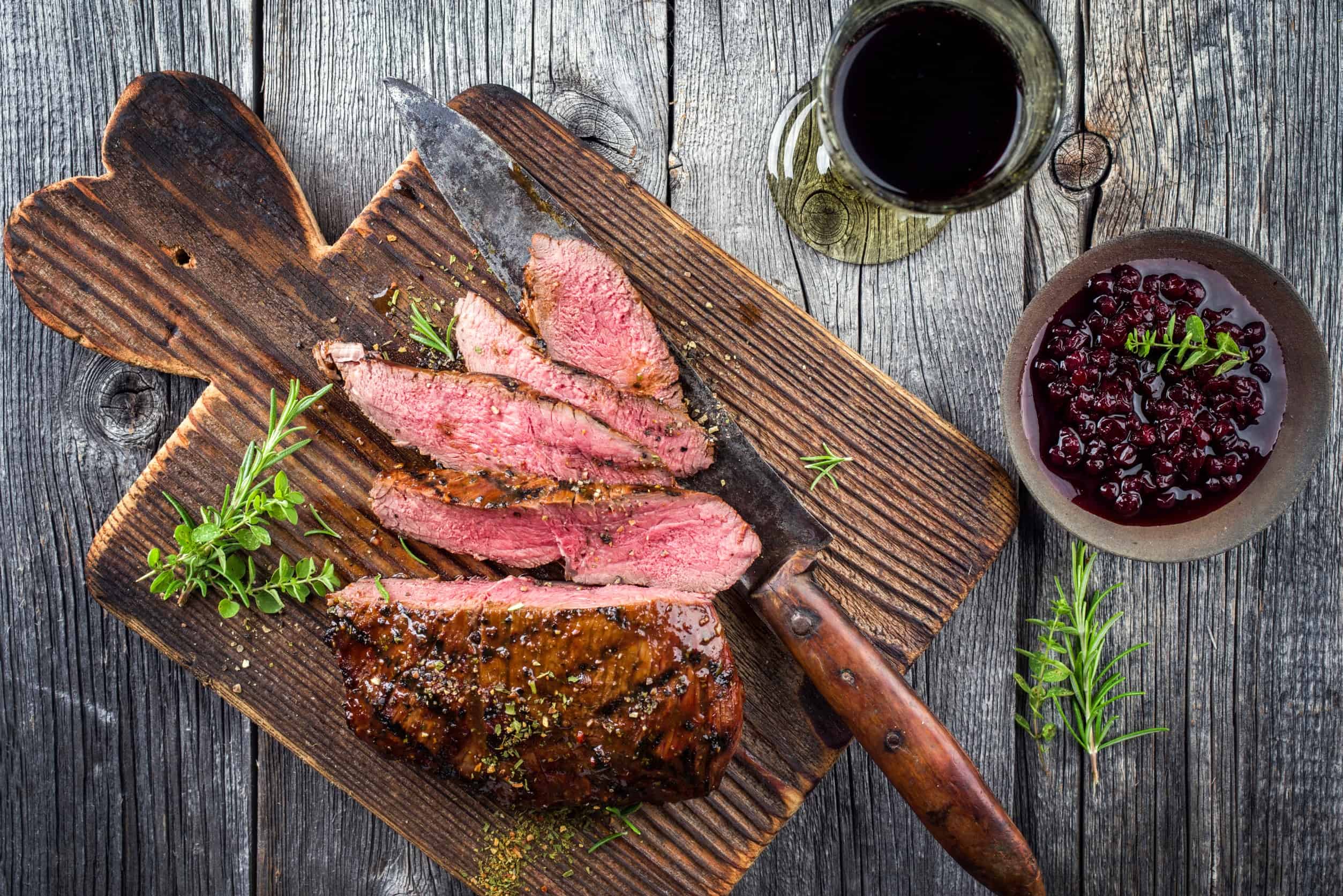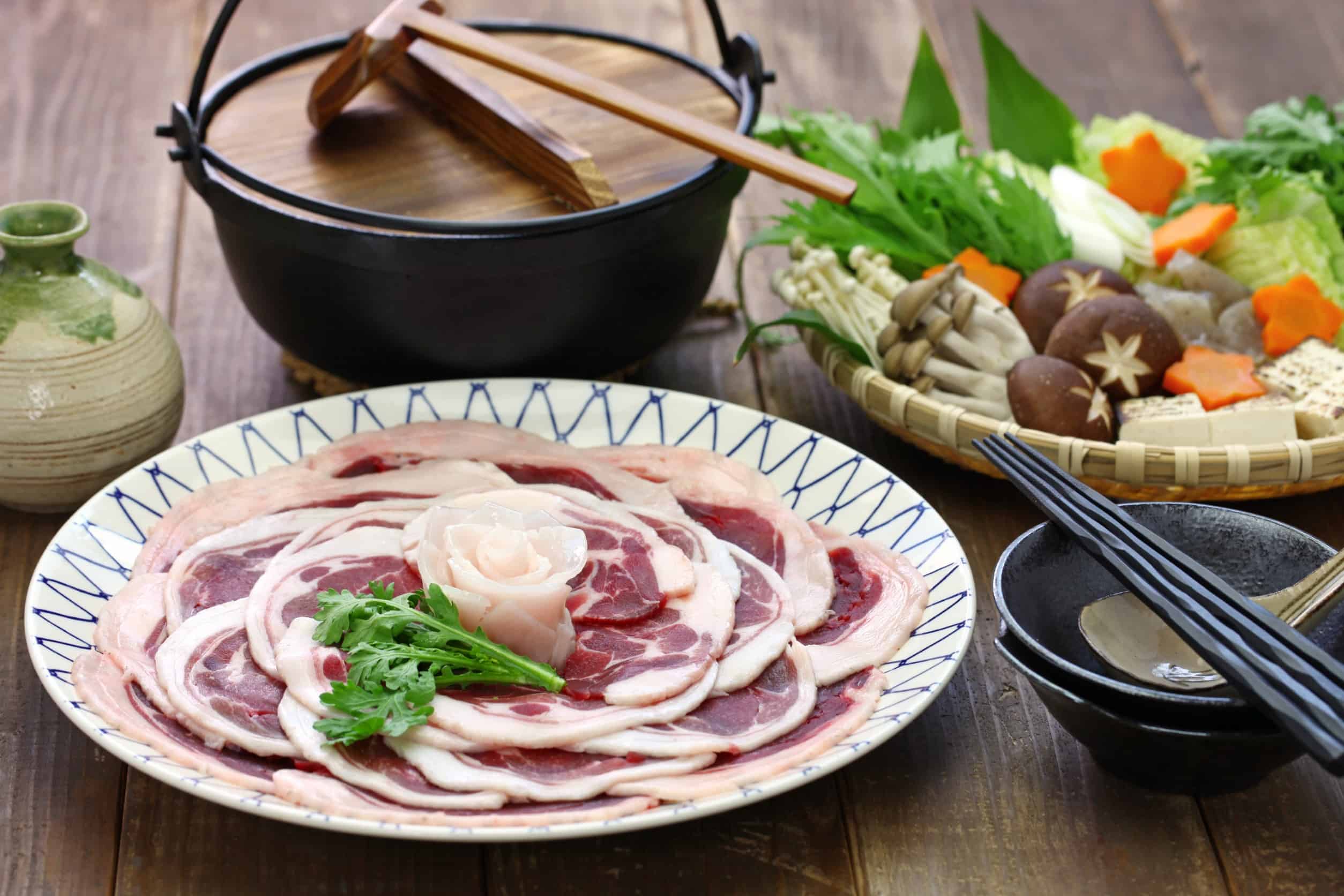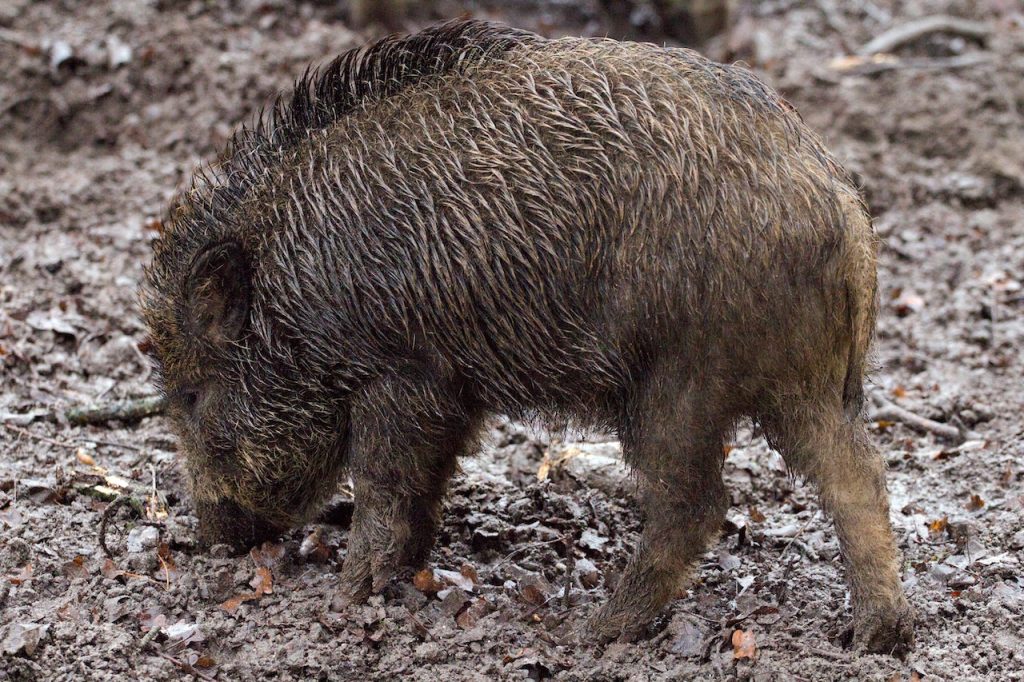Since wild boars were introduced in the 1900s for sport hunting, they have now become an invasive species and a major problem for farmers and ecosystems across the United States.
They are extremely powerful and have sharp tusks, so they can be dangerous, especially if they feel threatened or cornered.
Even so, wild boar hunting remains popular in many parts of the United States. Many hunters often look for them in the wild, not only because their population needs to be controlled. It is also due to the fact that their meat is delicious and full of nutrients.
Overall, hunting wild boars can be a challenging and exciting experience, but you have to remain very cautious while doing so. There have been some reports of fatalities over the years related to wild boar attacks in the US.
So if you live in states such as Texas or Florida where the population of these animals is significantly high, you have to be aware of local regulations and obtain necessary permits before hunting them.
Health Risks of Consuming Wild Boar Meat

Compared to domesticated pigs, wild boars are exposed to an environment that may expose them to various health hazards and diseases. As a result, there are certain health risks that you need to take into consideration even after hunting them.
Here are the things you have to look out for when eating or handling wild boar meat:
1. Parasites
The wild boars you have caught in the wild may be carrying parasites such as Toxoplasma gondii and Trichinella spiralis. Both of which are notorious for causing foodborne illnesses when consumed by humans.
The former can cause flu-like symptoms such as fever, headaches, and muscle aches. While the latter can lead to abdominal pain, nausea, vomiting, and diarrhea.
In some cases, these parasites can even become life-threatening, especially for people with weakened immune systems like elderly individuals, children, and pregnant women.
As such, it is best for you to take precautionary handling and cooking measures to ensure that you won’t be eating contaminated meat or serving it to other people.
2. High Heavy Metal Content
Unlike regular pork meat you can buy from the market, the levels of heavy metal in wild boar meat aren’t regulated.
In fact, a study has found that wild boar meat contains traces of mercury and lead that exceed the permitted amount set by food safety regulations.
Regular consumption of wild boar meat with high levels of mercury and lead can result in heavy metal poisoning.
However, it is important to note that not all wild boar meat contains a dangerous amount of heavy metal.
Furthermore, proper handling, cooking, and sourcing of wild boar meat can help reduce those risks.
3. Infectious Diseases
Wild boars can also carry diseases like hepatitis E and the swine influenza virus.
Like other game meat, those diseases can be transmitted to humans if the boar meat wasn’t butchered and cooked thoroughly.
Health Benefits of Wild Boar Meat
If prepared correctly, wild boar meat can be a great, nutrient-rich substitute for traditional cuts of meat available in the market. Below are the health benefits associated with consuming it.
- Protein: Wild boar meat has a higher protein content per serving than beef, lamb, and pork. So it is great for people looking to build a lot of muscle and gain mass.
- Lower calories and fat: The taste of wild boar meat is often described as a combination of pork and venison. But it is particularly low in calories and saturated fats, unlike the meat from domesticated pigs.
- Vitamins and minerals: Wild boar meat is rich in vitamins and minerals such as vitamin B6, niacin, and selenium. Furthermore, it also contains omega-3 fatty acids, which are beneficial for heart health.
Steps to Safely Prepare and Cook Wild Boar Meat

Wild boar meat is leaner than pork and has a distinctly gamey flavor. So proper preparation and cooking techniques are essential to bring out the best flavor and texture of the meat.
1. Prepare the Meat
Butchering wild boars is similar to butchering domestic pigs, but there are some differences you have to look out for.
Wild boars tend to have thicker skin, so you may need to use different tools to skin and remove hair from the carcass.
If you have no prior experience doing this, it would be a lot more efficient and safe to ask your local butchery to do the work for you.
2. Tenderize the Meat
Like most game meats, wild boars tend to have a gamey flavor. As such, soaking the meat in a brine solution for at least 12 hours before cooking is recommended.
Doing so will lessen the gamey taste and further tenderize the meat after it has been butchered.
Furthermore, exposing the meat to salt can also help eliminate any parasites or bacteria left in the meat.
3. Chop the Meat into Smaller Pieces
Since wild boar meat can be tough and chewy, using smaller cuts in your dishes will greatly reduce its cooking time.
For the best quality, you should also remove any visible fat or sinew in the meat before usage.
4. Cook the Meat
Wild boar meat is lean and can easily dry out when overcooked. So cook it on low to medium heat until it reaches an internal temperature of 160°F (71°C) to ensure that it’s safe for consumption.
You should also use flavorful marinades and spices that you have at home to enhance the natural taste of the meat.
Just remember to keep it moist by basting it with butter or olive oil. Afterward, rest the meat for a few minutes after cooking to allow the juices to redistribute evenly.
Final Thoughts
While wild boar meat is a delicious and nutritious alternative to traditional meat cuts, there are also certain health risks associated with its consumption.
As such, it is important to properly handle and cook the meat to avoid any potential health hazards such as parasites and heavy metal poisoning.
With the right preparation and cooking techniques, wild boar meat can be a flavorful and healthy addition to any diet.

